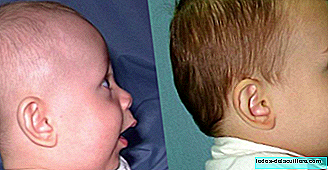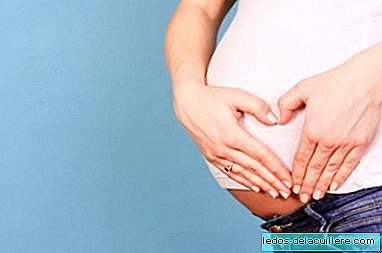
The law prohibiting the consumption of tobacco in bars and restaurants entered into force in Spain on January 2, 2011, wrapped in a huge controversy. Today, five years after the anti-smoking law, the balance is more than positive when it comes to children's health: there is less childhood asthma and premature births.
When adults smoke, they are not only damaging their health, but also that of the people around them, and children are the most affected, since they are more susceptible to the harmful effects of tobacco. They become passive smokers increasing the risk of suffering, among others, respiratory diseases such as asthma.

40% of children around the world are exposed to non-inhaled smoke directly and only 16% of the world's population lives in countries with anti-smoking laws.
According to Dr. Francisco Rodríguez Lozano, a member of the National Committee for Smoking Prevention and president of the European Smoking Prevention Network, since the anti-smoking law came into force, decreases in hospital admissions for childhood asthma have been noted. And not only is it a benefit for the health of children, but the economic cost of attending and treating these diseases is reduced.
Children living with smoke smoke the equivalent of five cigarettes a day. And tobacco smoke does not only affect respiratory health. Among other things, children of smoking parents are more prone to obesity and have a higher risk of infections.
As for smoking or receiving third-party smoke during pregnancy, women exposed to tobacco during pregnancy have six times more likely to have premature births.
The benefits are noticed not only in Spain, but globally. The results of a meta-analysis based on studies conducted in North America and Europe following the Anti-Smoking Law and released last year concluded that premature births have been reduced by 10.4% and that cases of asthma income, 10.1%.












